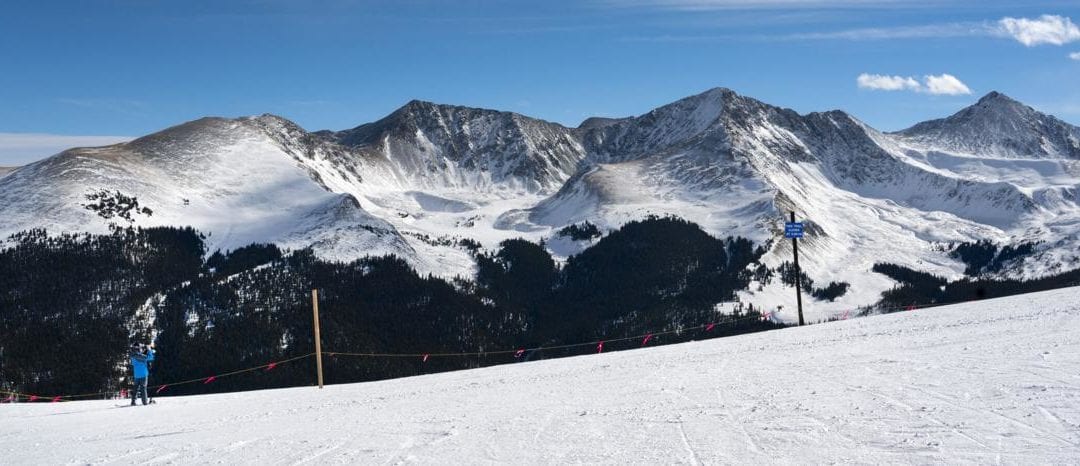More than halfway through a snowy February, Colorado ski industry officials hope momentum carries into the spring, a season beloved by regulars and visitors alike who know conditions to be most promising in the final weeks of chairlifts running.
COVID-19 restrictions have been loosened at some ski areas — capacities increased and lessons and other programs restored. Thanks to recent weather, terrain has expanded.
And “that allows us to have more people up here too,” said Taylor Prather, spokeswoman for Copper Mountain Resort, which has required parking reservations this season to space out guests. “So we’ll be focused on getting people up, spreading people out and making sure they’re in compliance with state and county public health guidelines and rules.”
Prather considered Copper “in the groove” after February’s early round of storms. Resorts celebrated across the state, many building on snow totals exceeding 30 inches this month. It was welcome after a dry start to the season, making a trip to the slopes even less appealing for would-be travelers discouraged by COVID-19.
Heading into March, “we’re hoping people decide to book ski vacations,” said Xantha Demas, communications manager at Aspen Snowmass. “Especially as the days get longer and it gets a little warmer and people are more comfortable eating outside and spending more time outside.”
Though, some might cringe at videos circulating social media showing long lift lines. Some might have come by recent headlines of a COVID-19 outbreak at Winter Park Resort, with more than 100 employees infected. Officials said transmission had not been traced to visitors.
Chris Linsmayer, spokesman for Colorado Ski Country, the trade group representing most of the state’s mountains not owned by Vail Resorts, said: “I certainly think you’ve seen increased vigilance by the ski areas themselves, but then also informal, internal policing among the employees as well.”
He spoke during a recent call with reporters and fellow industry representatives.
“We’re not gonna be talking about visitation numbers or revenue or things like that on this call,” he started. “But business is obviously down. That’s what we expected. That’s the consequence of COVID.”
In a season of required reservations aimed at cutting crowds, Vail Resorts has outlined to investors the pandemic’s “significant negative impact.” To make up for losses, the company previously delayed some capital projects at its properties, which include its flagship resort along with Breckenridge, Keystone, Beaver Creek and Crested Butte in Colorado.
It was too early to speak on other capital plans around ski country, Linsmayer said.
“I think the industry is largely hopeful about what March is gonna hold,” he said.
This content was originally published here.

